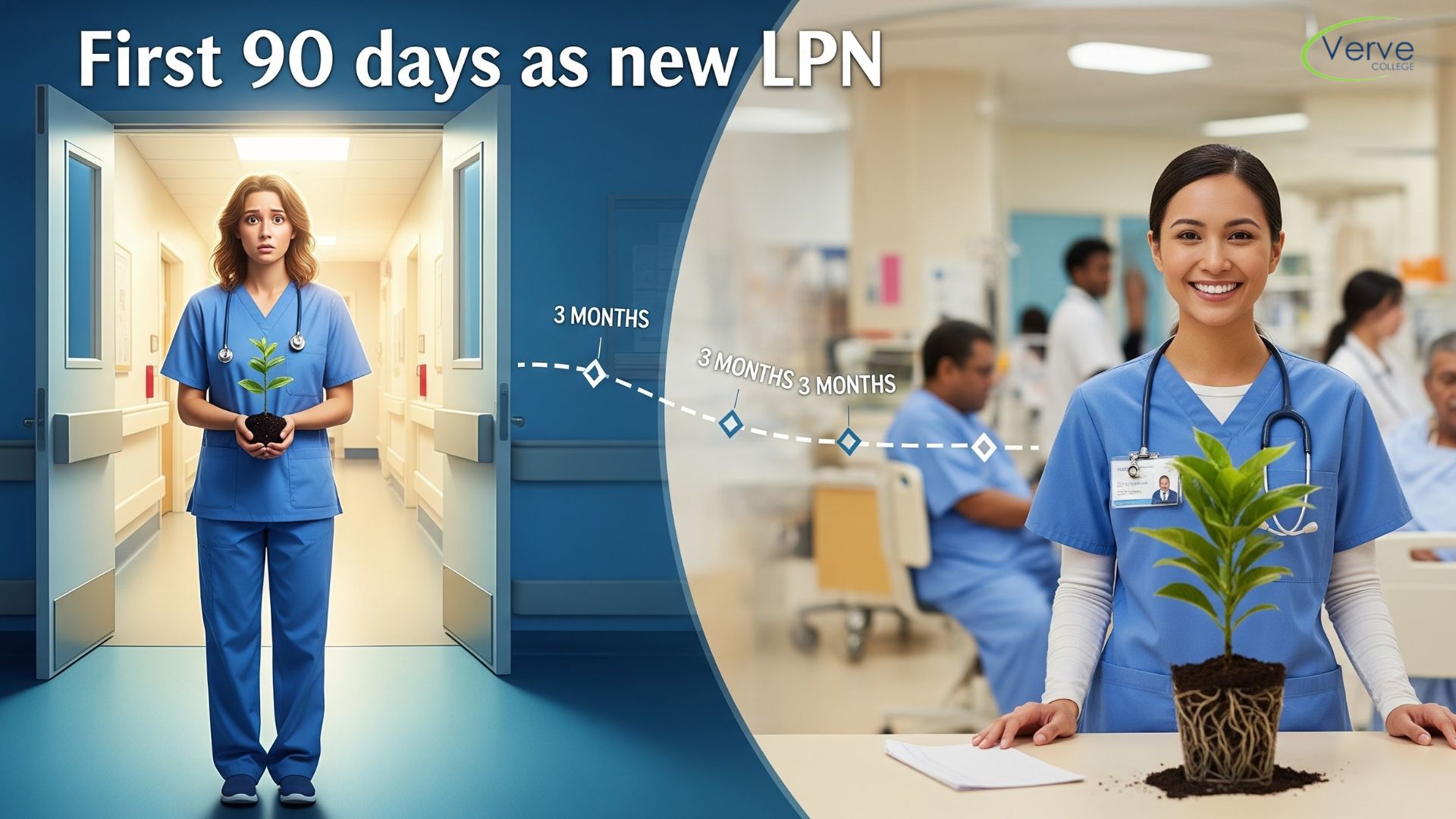- Oak Brook:(630) 705-9999
- Chicago:(312) 920-8822
- Email:inquiry@vervecollege.edu
- Make a Payment
- Home
- Programs
- Admission
- Resources
- ATI Entrance Exam Resources
- New E-Digital Library
- Refer a Friend
- School Newsletter
- Events
- Employers
- Job-Network
- Alpha Beta Kappa Candidates
- Verve College Library
- Graduation and Pinning Ceremony Photo Galleries
- Textbook Information
- Career Services
- Tutoring
- School Catalog
- FAQ
- Constitution Day Program
- Alumni
- Verve College Plans
- Financial Aid
- HEERF Reporting
- Satisfactory Academic Progress
- Apply For Financial Aid
- Net Price Calculator
- Return of Title IV Funds (R2T4)
- Financial Aid Office Code of Conduct
- Contact
- FAQs
- Verification Policy
- Vaccination Policy
- Student Right-to-Know Act
- Misrepresentation
- Information Security Program
- Academic Award Year
- Availability of Employee
- Cost of Attendance
- Health & Safety Exemption Requirement
- Students Rights and Responsibilities
- Leave of Absence
- Pell Formula
- Military Students
- Grants/ Scholarship Policy
- Contact Us
- Testimonials
- Blog
Is a Nursing Career Right For You?
Take The Free Quiz
Essential Courses to Take in College to Become a Nurse
Essential Courses to Take in College to Become a Nurse
Nursing programs consist of prerequisite classes and core curriculum classes. Unfortunately, compared to general courses, little information exists regarding these education programs; therefore, conducting thorough research will enable students to decide if nursing school is right for them.
The nursing school curriculum encompasses various subjects, including math, chemistry, psychology, physiology, and more in health care facilities. As part of nursing degrees, there are two categories of pre-nursing courses or prerequisite courses and core classes. In this article you can easily get to know about what classes to take to become a nurse in college.
As part of your journey toward earning your nursing diploma to become a licensed practical nurse, or to help you decide whether it is, we have provided you with a snapshot of the classes you can expect to take at nursing school.
What Classes to Take to Become a Nurse in College?
Nursing schools typically require pre-nursing courses or A&P class as part of their programs to build the necessary foundation and prepare future vocational nurses to enter their profession. These introductory or “beginner” classes often serve to lay this groundwork.
Some classes can be completed online, and students can enroll on their terms.
Below Are a Few Examples of Standard Education Requirements
- Basic anatomy and physiology
- Writing can also include English and composition studies.
- Introduction to Psychology for Beginners
- Introduction to Sociology, Algebra, Statistics, Biology, and Microbiology as Basic Elements
- Epidemiology, disease basics
- Diversity and culture
- Human development
- Pathophysiology
Culture and Diversity; Human Development; Pathophysiology
Nursing core classes: Most nursing schools typically share an identical primary program. This curriculum can be divided into 15 distinct sections.
Nursing Fundamentals
A core course typically starts with nursing fundamentals as its first module, which gives an introduction to becoming a licensed nurse. It offers information on nursing theories and basic patient care frameworks in clinical settings. This course may also explore various job opportunities available for prospective nurses.
Advanced Anatomy and Physiology
This course builds upon the foundation established in its predecessor. As it covers more complex major organ functions, it should be considered more advanced. Prospective students can take human anatomy and physiology course near me to gain practical experience by just enrolling in Verve College.
Advanced Pathophysiology
Like an advanced anatomy and physiology course, advanced pathophysiology builds upon previous courses by delving deeper into more complicated concepts nurses can implement into direct patient care given by healthcare professionals.
Advanced Microbiology
This course specializes in the microbiology and epidemiology of various diseases, how they manifest, and ways of fighting them within health care systems.
Gerontological/Adult Nursing
Gerontological/Adult nursing classes often serve as one of the first formal nursing classes to cover general adult nursing needs for both older people and adults in a healthcare setting. They are often followed up with clinical classes at long-term facilities and medical-surgical units.
Students will have an opportunity to delve deeper into nursing duties related to adult healthcare as well as that for senior care, using what they have learned about disease causes and health in previous courses.
Psychology/Mental Health Nursing
Similar to adult nursing, but focused specifically on mental and psychiatric health. Treatment typically occurs either within an inpatient healthcare facility or emergency hospital setting like checking vital signs, and the book discusses various medications as well as the causes behind any potential mental disorders.
Nurses specializing in mental health and psychiatric care are among today’s most highly sought-after health care settings.
Pharmacology
This course introduces the various drugs. Nurses or healthcare teams can administer at any moment. You will gain an in-depth knowledge of pharmacology and its interactions with human bodies.
Women and Infant Health
This course often covers childbirth, pregnancy, and neonatal health during gestation. Furthermore, this program covers topics related to women’s health, critical thinking skills for labor and delivery, and neonatal intensive care units.
Management and Leadership
Management and leadership courses typically fall towards the end of a curriculum’s coursework and often focus on nurses as examples in care to patient systems. The course helps nurses learn to delegate duties to other staff members while offering training to their patients.
Nursing management styles come in many forms; these courses will help you choose which style works for you.
Ethics in Healthcare
Ethics in the healthcare field can be more complex than in other areas. They often encompass medical directives and the finalization of end-of-life arrangements.
At Last
Are you prepared for nursing school? Nursing education for a practical nursing program near me (diploma program) covers an expansive spectrum of subjects designed to prepare future nurses and other allied healthcare workers for future careers to learn evidence-based practice and acquire clinical experience. Once you’ve taken all your prerequisite classes and core curriculum courses for vocational school, then you are ready to embark on your new LPN journey.
 Sign up
Sign up Login
Login




